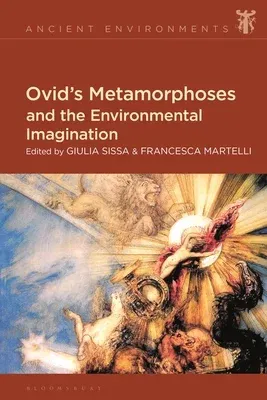This book positions Ovid's Metamorphoses as a foundational text in the
western history of environmental thought. The poem is about new bodies.
Stones, springs, plants and animals materialize out of human origins to
create a world of hybrid objects, which retain varying degrees of human
subjectivity while taking on new physical form. In bending the
boundaries of known categories of being, these hybrid entities reveal
both the porousness of human and other agencies as well as the dangers
released by their fusion. Metamorphosis unsettles the category of the
human within the complex ecologies that make up the world as we know it.
Drawing on a range of modern environmental theorists and approaches, the
contributors to this volume trace how the Metamorphoses models the
relationship between humans and other life forms in ways that resonate
with the preoccupations of contemporary eco-criticism. They make the
case for seeing the worldview depicted in Ovid's poem as an exemplar of
the 'premodern' ecological mindset that contemporary environmental
thought seeks to approximate. They also highlight critical moments in
the history of the poem's ecological reception, including reflections by
a contemporary poet, as well as studies of Medieval and Renaissance
responses to Ovid.

